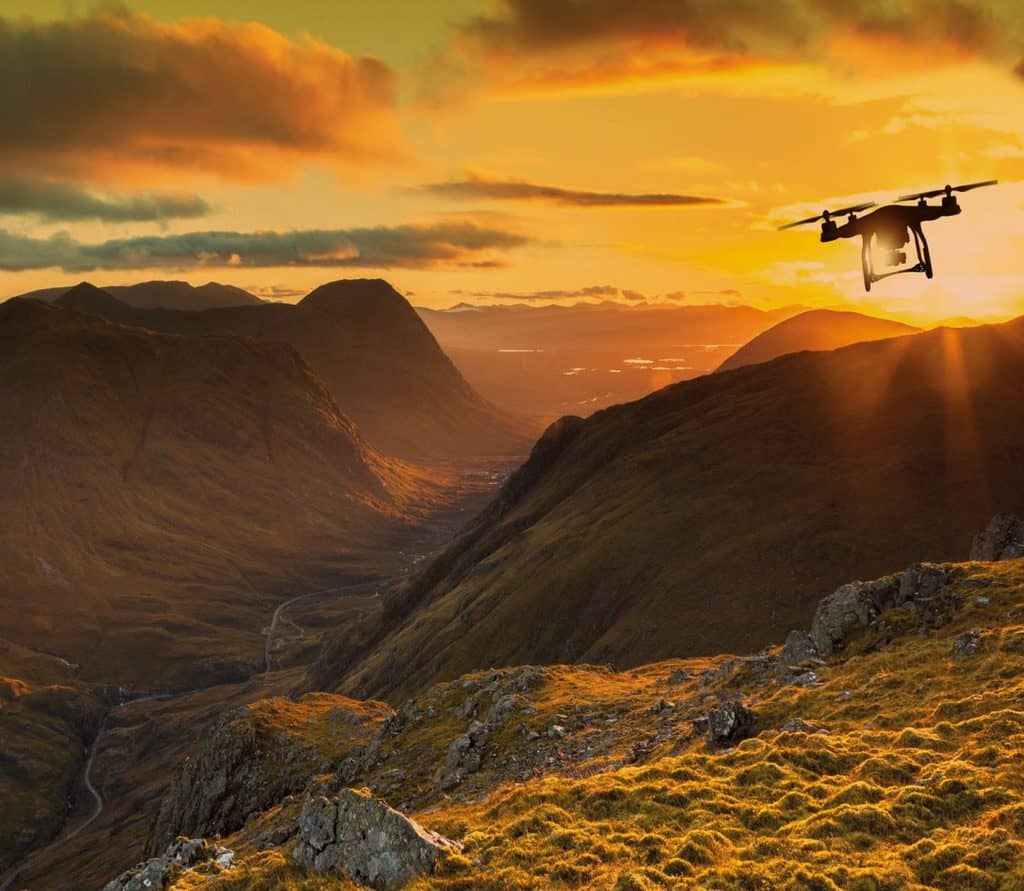From the use of drones in agriculture to the impact of what we eat on climate change, Scotland’s Rural College (SRUC) is tackling the latest issues at the 2019 Royal Highland Show (20-23 June).
As part of SRUC’s focus on disruptive technologies that help drive the country’s rural economy, experts will talk about the use of drones to enhance agricultural practices and environmental management at a seminar on Thursday morning.
Following on from her appearance at a TEDx event alongside singer Annie Lennox, Edinburgh student and environmental campaigner Laura Young is one of the panelists discussing climate change at a live podcast recording on Saturday.
SRUC is also hosting a discussion about farming resilience in Scotland and Malawi in its pavilion on 7th Avenue, on Friday afternoon.
In a separate event at the Scottish Government Pavilion on Thursday, Head of SRUC Veterinary Services George Caldow will talk about the early detection of disease risks in livestock, while SRUC researcher Harriet Auty will highlight global threats to the Scottish industry.
Simon Gibson-Poole, who will give an overview of how drones can be used to aid potato production through disease detection, said: “The topic of drones has been in the mainstream news of late for all the wrong reasons, with flights from both Gatwick and Heathrow airports being delayed due to people flying drones over runways.
“However, drones can be used positively and specifically to aid agriculture and the environment. Out of the box, these drones can help speed up field walking due to the bird’s eye view they bring – reducing crop impact in the process; be used to inspect farm infrastructure, such as roofs and silos, that is difficult to get to; help identify the location of field drains; and even to round up livestock or scare geese off by attaching sirens to the drones.”
The use of drones and satellite-based imagery to support precision agriculture, and improve forecasts of wheat and potato crop yields, will also be highlighted by researchers from the Advanced Technologies for Efficient Crop Management (ATEC) project – a collaboration between SRUC and the University of Edinburgh – at SRUC’s stand throughout the four days.
Laura Young, who is studying for a Masters degree in Environmental Protection and Management at SRUC, will take part in the Climatarian podcast – one of four podcasts being recorded over the weekend.
“Understanding how our food choices impact the environment will open up a whole door to changing our lifestyles for the better,” she said. “We can make a big difference through choosing packaging-free options, and discovering what is local and seasonal to us. Cutting your food carbon footprint couldn’t be easier.”
Other podcasts include Farmer Wants a Wife – tackling the issues of women in agriculture, R U OK – looking at mental health in rural Scotland, and Rise of the Machines – discussing the use of technology in farming.
SRUC’s Head of Agriculture Dave Roberts will join Helen Baxter, from the National Centre for Resilience, and Liveness Banda, from Lilongwe University of Agriculture and Natural Resources, to talk about what farmers in Scotland and Malawi can learn from each other.
“People often think it’s about farmers in Malawi learning from us, but it’s a two-way process,” he said. “What we have already picked up from Malawi are some of their methods of coping with the effects of climate change, which are much more dramatic for them.
“We have also seen some really good examples of the use of discussion groups and how farmers are diversifying their enterprises.”
Find out more about SRUC at the 2019 Royal Highland Show.






